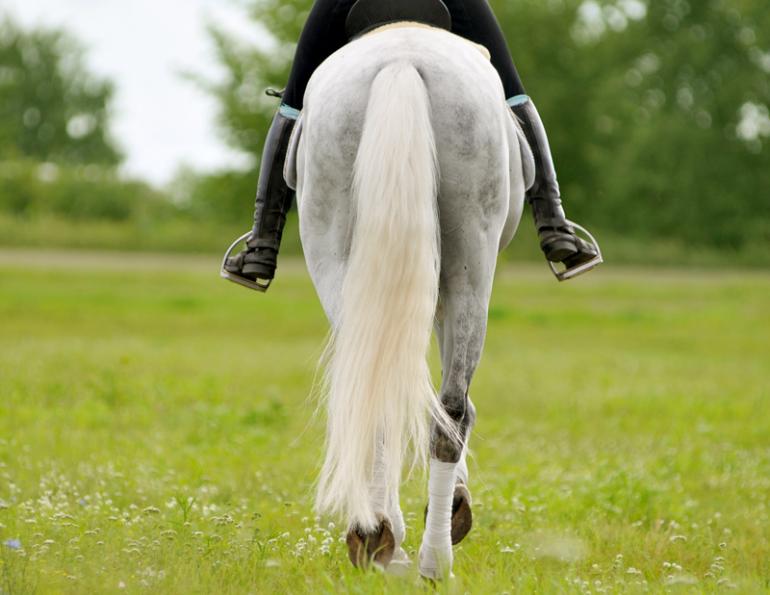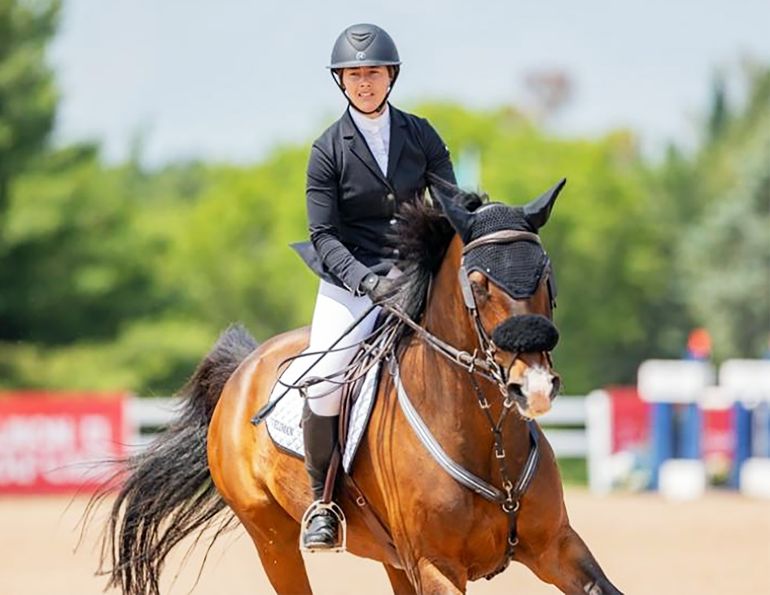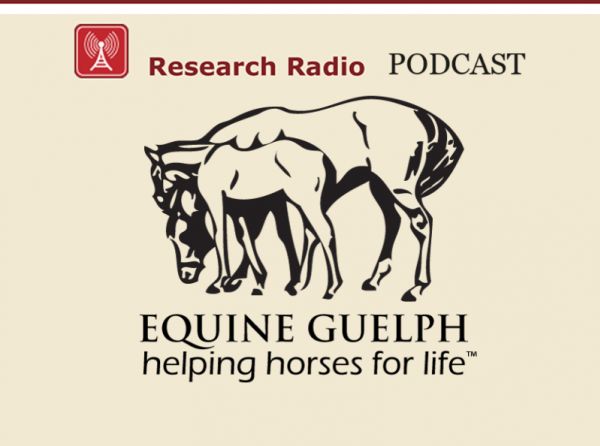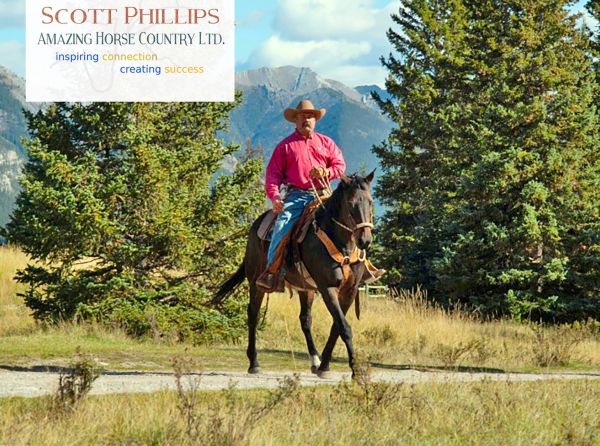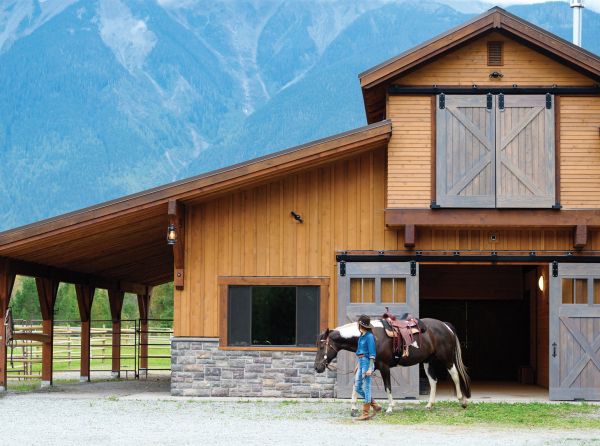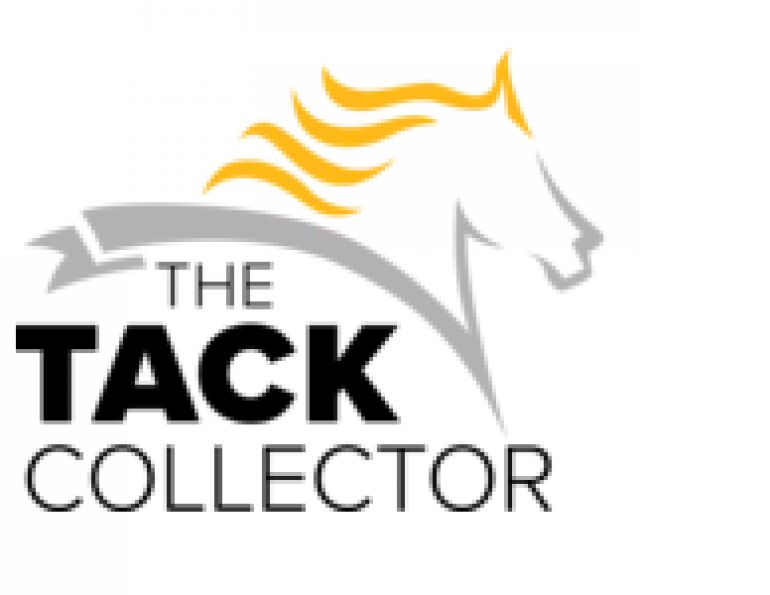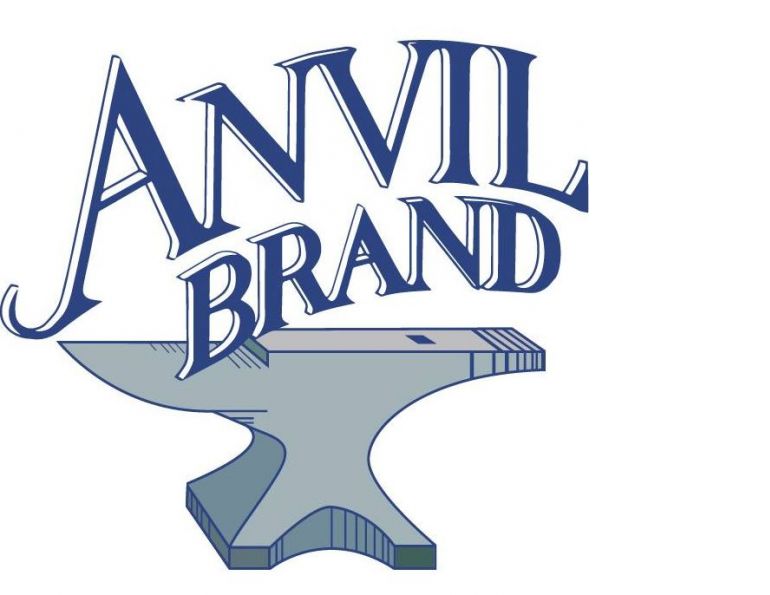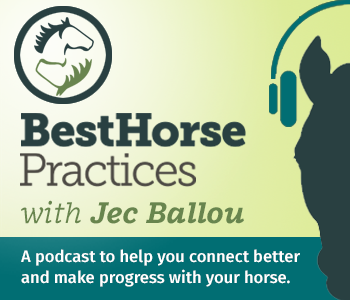By April Clay, M.Ed., Registered Psychologist
There is a saying that best sums up getting ready for the competitive arena, “if you fail to prepare, prepare to fail”.
Preparation doesn’t just mean training your skills. Yes, you have to replicate what you learned to do at home, but there is more. A performance situation places different demands on the rider. There are rules to follow, an evaluation system in place, an uncertainty of the outcome, and most importantly — one shot only. Contrast this with your training environment. Here you have no time limits, you can make as many mistakes as you like and start over. You know the person who is evaluating you (your coach) and hopefully also feel support from them. What this amounts to is that the physical demands may be much the same in these two environments, but the psychological demands are very different.
In short, your countdown to the ring should reflect these differences.
T-30 Days
Stage a “test” performance. Riding under pressure is a skill. Like any skill, it needs to be practiced. Would you rather walk into the ring hoping you won’t crumble, or knowing you can cope? Simulating the competition experience can give you an idea of where you are with your showing skills, ahead of time.
Create some pressure. Invite people to your test performance. If you can, invite a lot of people, whose opinion you value highly, to watch you do your thing. Crank up that pressure until you can feel the heat. Maybe jump a slightly bigger course or do a more difficult dressage test. If you don’t have the resources for a simulation, mentally construct a competitive situation. Imagine the backdrop of the show, the noises, people and other riders. Feel the anticipation building and know that you have this one shot to show off your talents.
Decide on your pre-performance ritual and practice using it. A pre-performance ritual is something you will use just before entering the ring. Its purpose is to connect you with that confident, capable part of yourself that knows exactly what to do. You can think of this as your “performer self”. There are two major rules to follow with this process: keep it short (no lengthy rituals, you won’t have time!), and keep it meaningful. An example would be using an image that evokes the kind of emotional response you want to create, such as a snapshot of you on the podium. Or it could be playing a piece of music in your head that really pumps you up. Even humour can act as an effective cue for some riders. One rider I worked with liked to imagine her perfectionist-like thoughts to be coming from a goofy cartoon character in her mind. When she was ready to enter the ring, she imagined another character coming along and saying “ya ya ya, shudapp!!”. Then she would smile and enter the ring. It’s just something that helped her “lighten up” a little, which she knew would help her performance. Whatever you decide on, practice using it at home under your test conditions.
Eliminate the unexpected. Sit down and make a list of potential problems, and how you would deal with them. Part of this list will be things you can make plans for, such as how you might deal with bad weather. These are your “controllables” and you should decide how you will deal with them ahead of time. The other part of your list will be “uncontrollables” like a bad judging call. There is nothing you can do about these kinds of items, but you can decide how you will respond to them so they don’t get in the way of your riding.
Start to formulate your performance goals. This is best done in conjunction with your coach. What do you want to see come out of this competition? Try to stay away from “outcome” goals like winning a championship. These kinds of goals can raise your stress levels and take your focus away from riding effectively. Instead, decide on a “process goal” like taking more risks in the jump-offs, or maintaining a more consistent pace around your hunter courses. You’ll be surprised how the winning will take care of itself.
Are you taking care of your team? Make sure you are looking after yourself and your horse — you are athletes! You both need to consider rest, recovery, and nutrition.
T-15 Days
Another mock show. Prepare yourself as you would for the real thing. Dress accordingly, and go through all the motions. Are there any changes you need to make to your mental or physical preparation?
T-14 Days
A day of full rest. Do something completely different. Go to the zoo, read a book or simply relax. Go be a regular person, and turn your horse out in the paddock to let him be a horse. Recovery time is essential for any athlete. It guards against physical and mental burnout. With your show approaching, you want to make sure you feel excited and fresh when the time arrives.
T-1 Week
Do you have all your equipment, etc., prepared? It’s amazing how many riders panic the day before the show because they don’t have something. Make sure you have a list and you have checked it twice!
Wind down. As you get near the end of this week, do less... wind down. You can’t cram a bunch of learning in at the last minute, so don’t even try!
Rehearse feeling good. Visualize yourself performing well. You don’t need to make this picture perfect, just good. In fact, your mind is more likely to “believe” if you keep it realistic. Do this for five to ten minutes every night before bed. Make sure to prepare yourself first by taking a few deep breaths and making sure you are relaxed.
T-Day Before
Check it out! You are at the grounds now, so go and check it all out! Take your horse and yourself on a guided tour. Look at the ring. Stand at the in-gate. Close your eyes and visualize yourself performing. Fill in the backdrop with what you now know about your surroundings. As much as possible, you want to desensitize yourself and your horse to this new environment. The more you become familiar, the less power it will have to take your attention away.
Work out your show schedule. Check your classes, know when you will be in the ring. Check with your coach to see if there are any ring conflicts you need to be prepared for.
“The Big Day”
Check last minute goals. Review goals, and if necessary make appropriate alterations (uncontrollable factors such as an injury may mean a last minute goal change is in order).
Moments before the “Big Moment”:
Strive to let go and trust yourself. Do not try to do any last minute “work”. You cannot, I repeat, cannot learn better upper body control by worrying about it. You might as well turn around three times and cluck like a chicken.
Do it! Activate your pre-performance cue, put on your game face — and go.
Post Competition Checklist:
- Did you take care of all your “controllables”?
- Is there a place for recovery in your plan?
- Do you have your “mock performances” scheduled?
- Do you have a list of potential distractions and know how you will deal with them?
- Do you have a pre-performance cue and have you practiced it?
To read more articles by April Clay on this site, click here.
Main photo: Robin Duncan Photography - Visualize yourself performing well.





